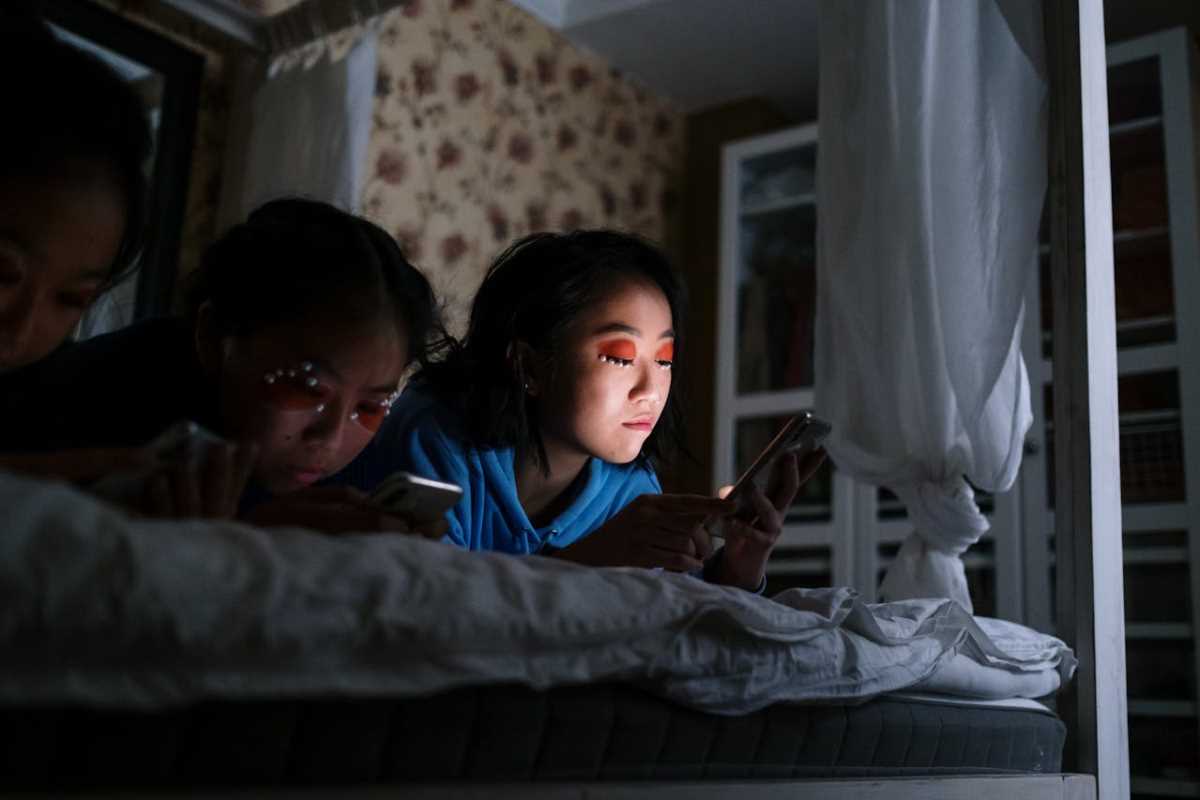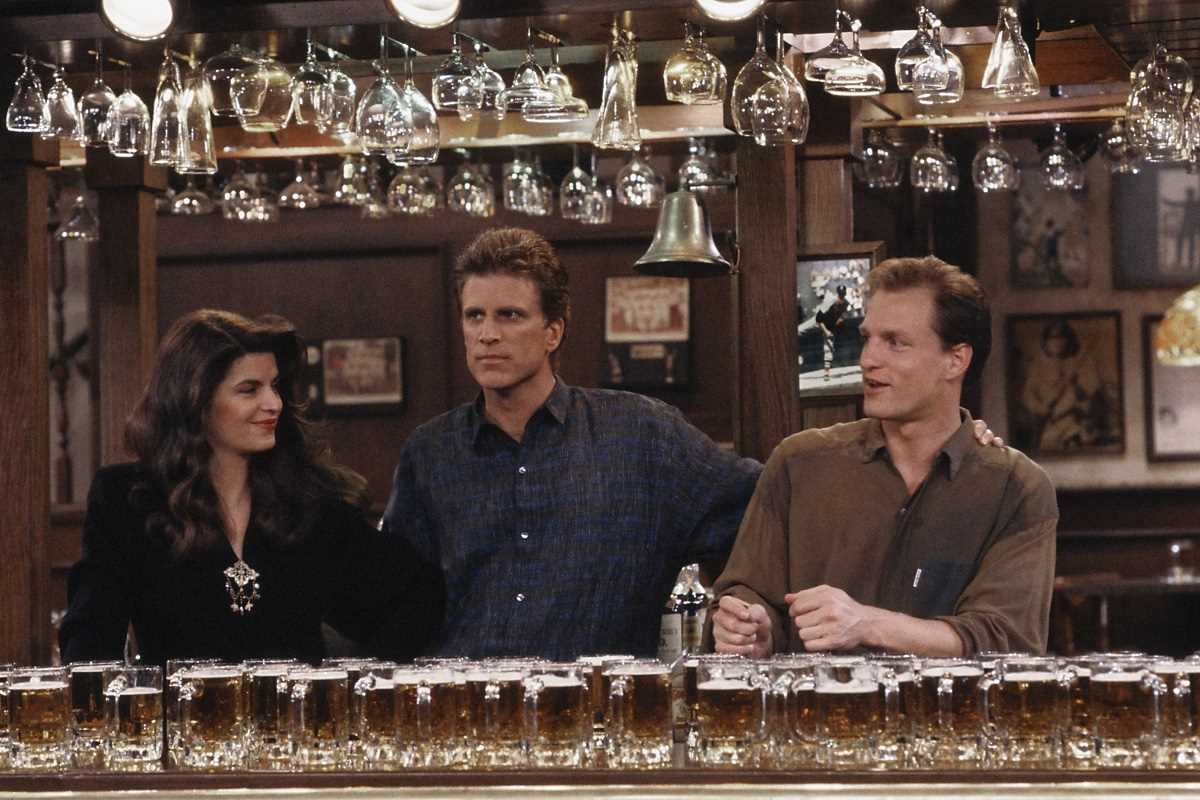If you were to craft a list of the most iconic characters in recent TV and film, chances are it would include names like Walter White from Breaking Bad, Tony Soprano from The Sopranos, and Villanelle from Killing Eve. What these characters have in common is simple yet striking—they’re not traditional heroes. They’re antiheroes. They manipulate, deceive, and often take morally questionable actions.
And yet… we root for them.
The rise of antiheroes is no coincidence. Over the past few decades, they’ve become a staple of modern storytelling in TV and film. But why? What is it about these flawed, morally ambiguous characters that resonates so deeply with audiences? The answer lies in a blend of cultural shifts, psychological intrigue, and evolving narrative trends.
Antiheroes Reflect a Complex World
One reason antiheroes have taken center stage is that they mirror the complexities of the world we live in. Life isn’t black and white; it’s a spectrum of grays, and antiheroes embody that ambiguity.
- Characters like Walter White, who starts as a desperate, cancer-stricken teacher trying to support his family, evolve into ruthless drug kingpins.
- His downfall doesn’t happen overnight; it’s a gradual, messy descent that feels real.
- It shows how even the most ordinary people can be shaped by extraordinary circumstances.
Compare this to the clean morality of early 20th-century heroes like Superman or even Captain America. These characters represented clear ideals of good triumphing over evil, fitting a time when audiences wanted inspirational figures to aspire to. But as society has grown more complicated, so too has our appetite for stories that reflect those nuances. Instead of painting protagonists as either wholly good or wholly bad, antiheroes offer a richer tapestry that acknowledges human flaws. They’re not perfect, and that makes them relatable.
They Speak to Our Inner Struggles
Another reason we’re drawn to antiheroes is the way they tap into our own internal struggles. Take Tony Soprano, for instance. Yes, he’s a mob boss capable of horrific acts, but he’s also a man grappling with his own mental health, searching for meaning, and trying to balance the pressures of work and family life. Who hasn’t felt the weight of juggling responsibilities or questioned their purpose at some point?
Even more outlandish antiheroes, like Villanelle from Killing Eve, connect with audiences on this level. Despite her profession as a hitwoman, she’s also vulnerable, lonely, and, at times, lightheartedly quirky. She’s unapologetically herself in a way that many envy, and that authenticity can resonate deeply with viewers navigating their own paths.
Antiheroes ask a question we’ve all probably asked ourselves at one point or another: What would I do if I stopped following all the rules? Their actions give audiences a chance to explore moral boundaries vicariously, without the real-world consequences.
Rebellion Against Traditional Notions of Heroism
The rise of the antihero also represents a rebellion against traditional notions of heroism.
- For decades, protagonists were expected to follow a specific mold.
- Think of characters like Luke Skywalker or Frodo Baggins, who were noble, altruistic, and steadfast in their pursuit of justice.
- While these archetypes still have their place, they often feel distant, even unattainable.
Antiheroes, on the other hand, shatter this mold. They’re self-centered, impulsive, and, in some cases, downright destructive. And yet, their motivations are often rooted in issues we understand. Walter White’s descent into criminality stems from financial instability and an oppressive healthcare system. Villanelle’s cold detachment is a product of trauma and a lack of meaningful relationships. By shifting the focus from aspirational to complicated, these characters create a new lens for heroism, one that embraces imperfection.
Societal Change and Cultural Influence
Antiheroes are also a product of the times. They’ve surged in popularity alongside broader cultural shifts that value authenticity and reject overly polished narratives. Audiences today are more skeptical about institutions and authority figures than they were in previous decades. This skepticism extends to traditional heroes, who often embody those same institutions.
The Role of Strong Writing
Another reason antiheroes work so well is that they’re often paired with stellar writing. Unlike traditional heroes, whose stories sometimes rely on predictable obstacles and victories, antiheroes challenge creators to dig deeper. Writers often craft layered, unpredictable arcs for these characters, keeping viewers on the edge of their seats.
Think about Walter White's journey.
- When we first meet him, he’s a downtrodden teacher we sympathize with.
- Over time, his choices grow darker, yet we stick by his side, compelled to see how far he’ll go.
- That tension between loyalty and revulsion is masterfully explored, and it’s precisely what makes antiheroes fascinating.
Why We Root for the Bad Guy
At their core, antiheroes show us the messy, human side of morality. Their flaws make them relatable. Their struggles make them human. We may not condone their actions, but we understand their motives. Beneath the reckless decisions and moral ambiguity, there’s often a glimmer of something that makes us root for them, whether it’s their wit, their vulnerability, or their relentless drive to achieve their goals.
Take Villanelle. Watching her manipulate, charm, and kill should, in theory, make us despise her. Instead, we’re captivated. Her charisma and vulnerability pull us in, even as her actions push us away. Similarly, Tony Soprano’s struggles with panic attacks and self-doubt create a window into his humanity, making it hard not to feel connected to him despite his bloody actions.
The rise of antiheroes in TV and film isn’t just a trend; it’s a reflection of the world we live in. They embody our complexity, our doubts, and even our darkest impulses. By challenging traditional notions of heroism, antiheroes create space for richer, more inclusive stories that resonate on a deeper level. They show us that even in the shadows, there’s something worth exploring, and in doing so, they continue to captivate audiences around the globe.







